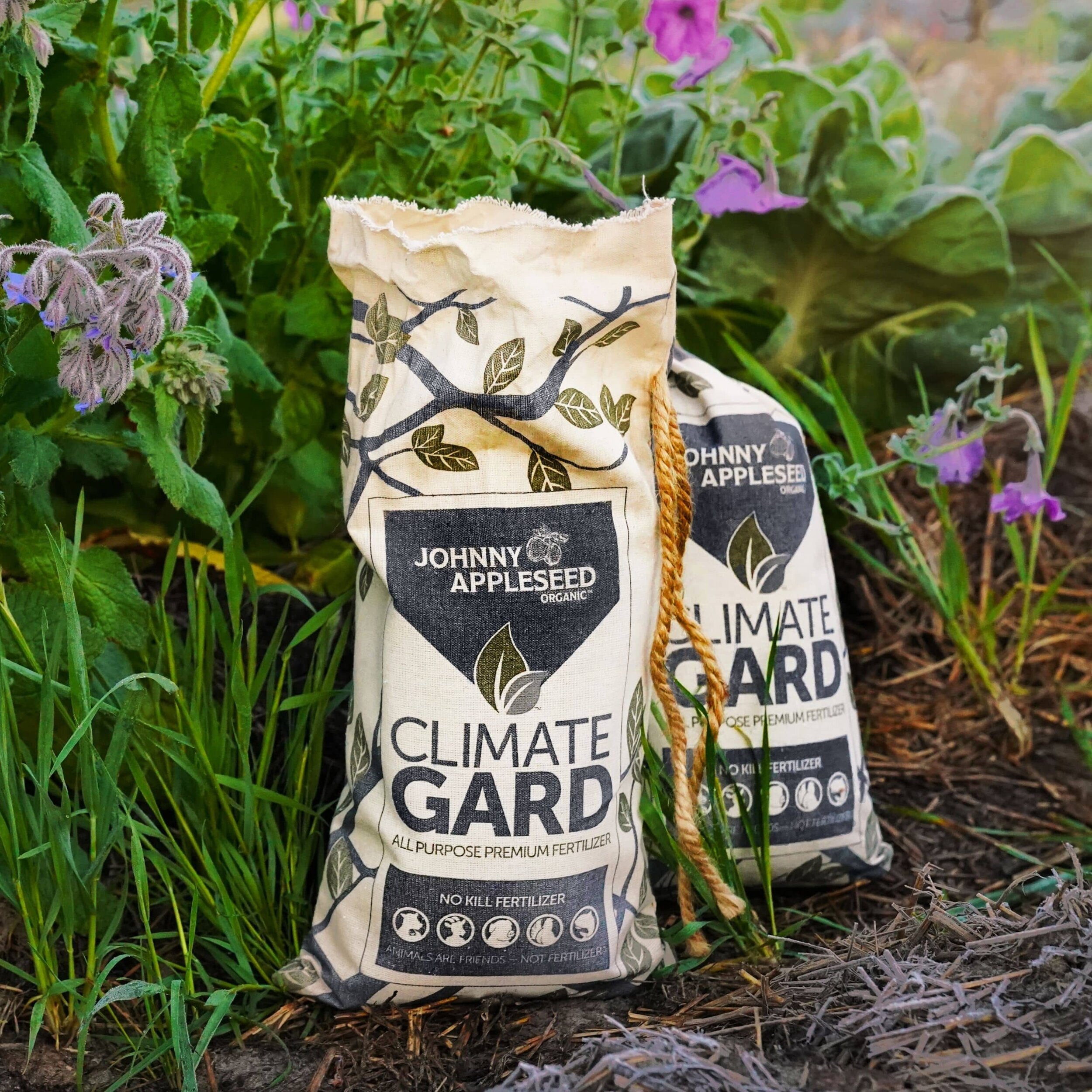An Introduction to Meishan Pigs
By Mikael Maynard
We recently adopted four new members at the Johnny Appleseed Organic Village! They are small (for now), chubby, wrinkly and have wiry black hair. They make snorting sounds and love to sunbathe in the mud.
You’ve probably already guessed that they're pigs! Meishan pigs to be exact. Meet our boar, “Big Boy,” and our three sows, Georgia, Carolina and Virginia. We are very excited to have them join our chickens in the rotational grazing system that fertilizes, aerates and tills our garden rows.
Meishan pigs have been domesticated for over 5,000 years, making them one of the oldest domestic breeds in the world. Their history begins in the Taihu region of China.
The Livestock Conservancy has more details:
"Meishans were first imported into the U.S. in 1989 after 10 years of negotiations with China. They were brought in as part of a joint study between the USDA, Iowa State University and the University of Illinois. Only 99 Meishan pigs were imported and they were equally divided (both by sex and genetic profile) between the three participating research facilities. This marked the third, final and largest exportation of Meishans allowed by China in modern times."
"Under the agreement between the USDA and China, the Meishans were restricted to use in research facilities or zoos until the prolificacy experiments were concluded. Iowa State then dispersed their herd between 2008 and 2010. USDA and the University of Illinois dispersed their herds entirely in 2016. Today, none of the original research facilities maintain Meishan herds. It is important to point out that the three research herds spent over 20 years in total genetic isolation from one another and none were inter bred until pigs were in private hands beginning in 2016."
We acquired our Meishan pigs from a breeder in Bartow, Georgia, who is certified through the American Meishan Breeders Association (AMBA), a group created to track and maintain the genetic bloodline of this specific breed.
Other than their unique appearance, we were especially interested in this breed because they are known to be docile — not aggressive towards people, other animals or the land they will be on! Temperament was a major factor in our decision to bring them to the farm, since Climate Farming requires us to handle them and trust them to coexist in the same pen as our chickens.
Another interesting fact about Meishan pigs is that they reach sexual maturity at a young age and on average, they have litters of 14-16 piglets at a time! An article on Meishans in the Small Farmers Journal says that a sow in China was once documented to have had a litter of 42! Thankfully, they are also known to be excellent mothers!
With that being said, we aren’t quite ready to have a farm full of baby pigs, so we have our boar separated from the three sows. For now, the boar roams with the chickens, and the sows eat and relax in solitude in another enclosure not far away.
This is the first in a series of posts we’ll make explaining the value of Meishan pigs on the farm. In the next post, I’ll go over how we incorporate them into our Climate Farm through our rotational grazing practices. This will include the materials we use, what we feed them, how often we feed them and how often we move them.
Until then, happy farming!
Subscribe to Newsletter
Follow Us on Social
Cutting-edge microbiology
No kill formula
Superior plant nutrition derived from the most ethical, sustainable sources available.
Produces the same results as conventional fertilizers without the negative environmental impacts.
Each ClimateGard pellet is infused with micronutrients, silicon, humic acid and a high-performance blend of living bacteria and fungi.
Delivered in an environmentally friendly organic cotton bag with a compostable inner liner.
Will continue to enrich your soil long after application.
$39.95 for 7.5 pound bag | $69.95 for 15 pound bag.



